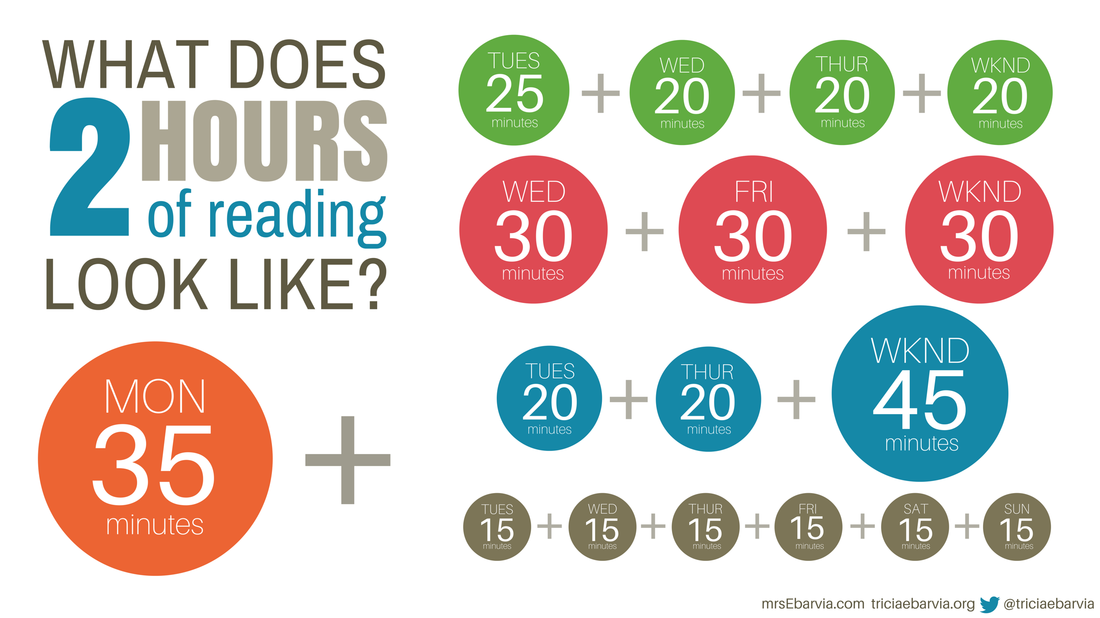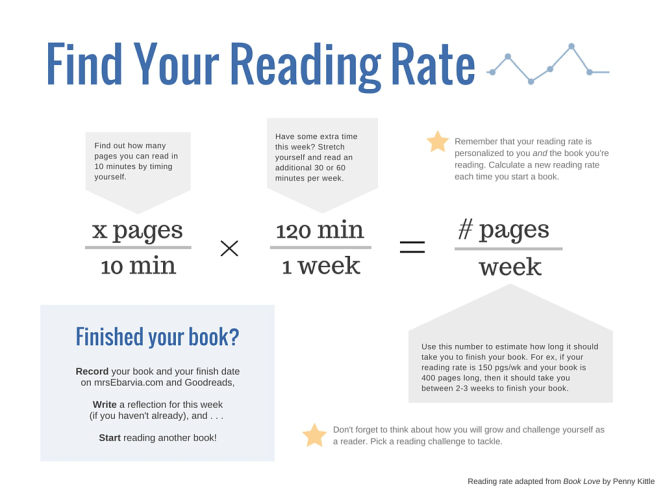Hi.
Part One: Reading
Before I ask you to write any Flash Fiction, I'd like you to read some. The links below will take you to sites that offer lots of examples of this type of writing. I'd like you to read a handful of them. What's a handful? As many as you can find in 20 minutes or so.
After reading, I'd like you to select one (1) story that you liked and respond to it briefly in this Google form.
Part Two: Writing
After reading some samples, head on over to www.shorpy.com and find a photograph that needs a story--some intriguing "stray moment."
Try your hand at writing your own flash fiction based on this photograph. It should be somewhere between 100-200 words. This is a first draft. You will revise it.
Bring in a copy of your story--AND the photo that inspired it--for Wednesday's class.
Part One: Reading
Before I ask you to write any Flash Fiction, I'd like you to read some. The links below will take you to sites that offer lots of examples of this type of writing. I'd like you to read a handful of them. What's a handful? As many as you can find in 20 minutes or so.
- Previous Scholastic award-winners in Flash Fiction
- 100 Word Story, which also has written and photo prompts for writing
- NPR’s Three Minute Fiction contests
- Flash Fiction Online
- The Guardian | Flash Fiction By Kids, For Kids
- The Times Magazine’s Lives column. Though, as the name of the series implies, these pieces are memoirs, the structure and length can be good models. Here are some short student stories based on Lives columns.
After reading, I'd like you to select one (1) story that you liked and respond to it briefly in this Google form.
Part Two: Writing
After reading some samples, head on over to www.shorpy.com and find a photograph that needs a story--some intriguing "stray moment."
Try your hand at writing your own flash fiction based on this photograph. It should be somewhere between 100-200 words. This is a first draft. You will revise it.
Bring in a copy of your story--AND the photo that inspired it--for Wednesday's class.


 RSS Feed
RSS Feed
